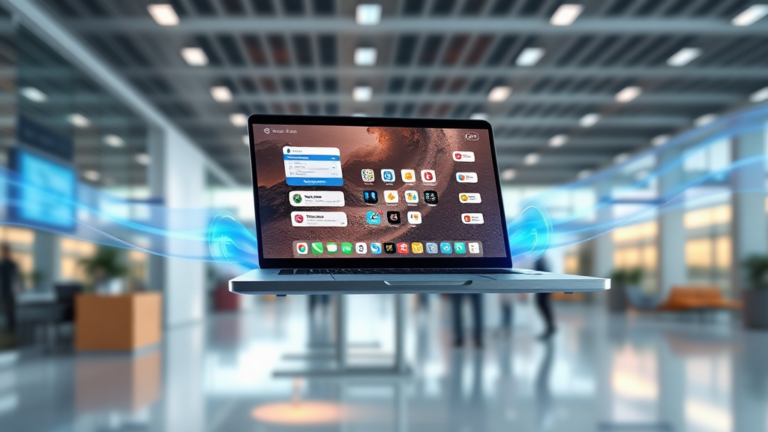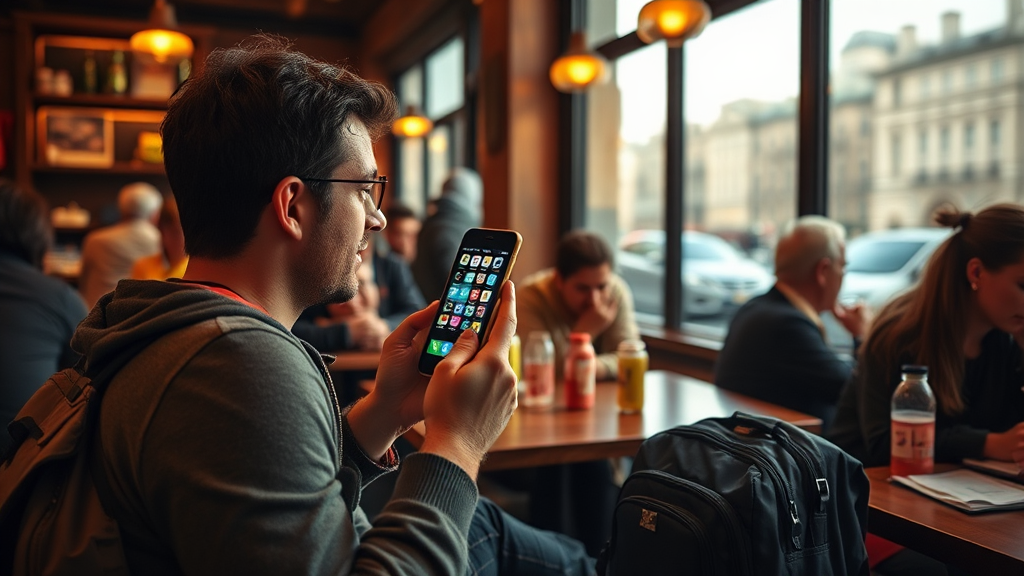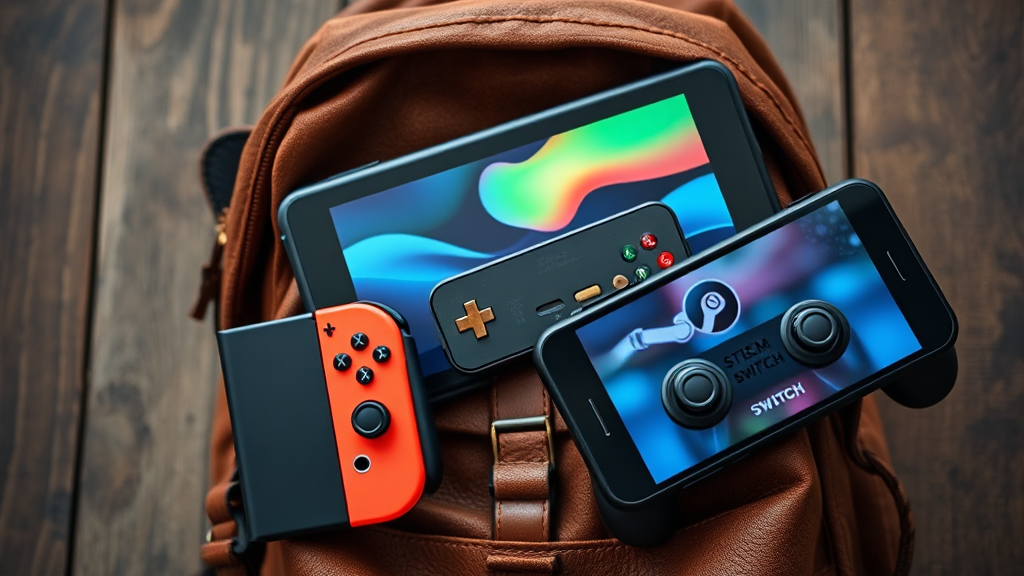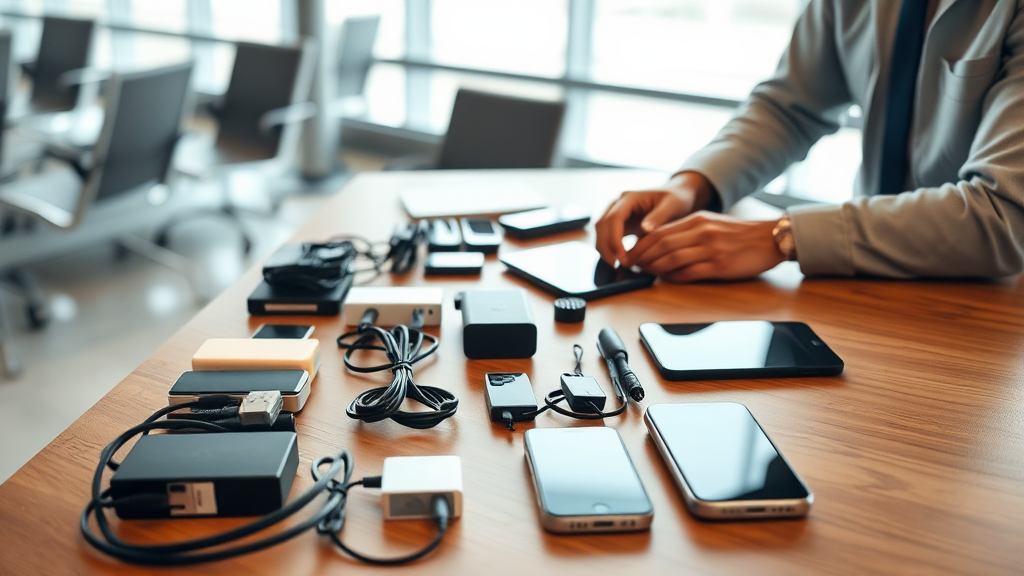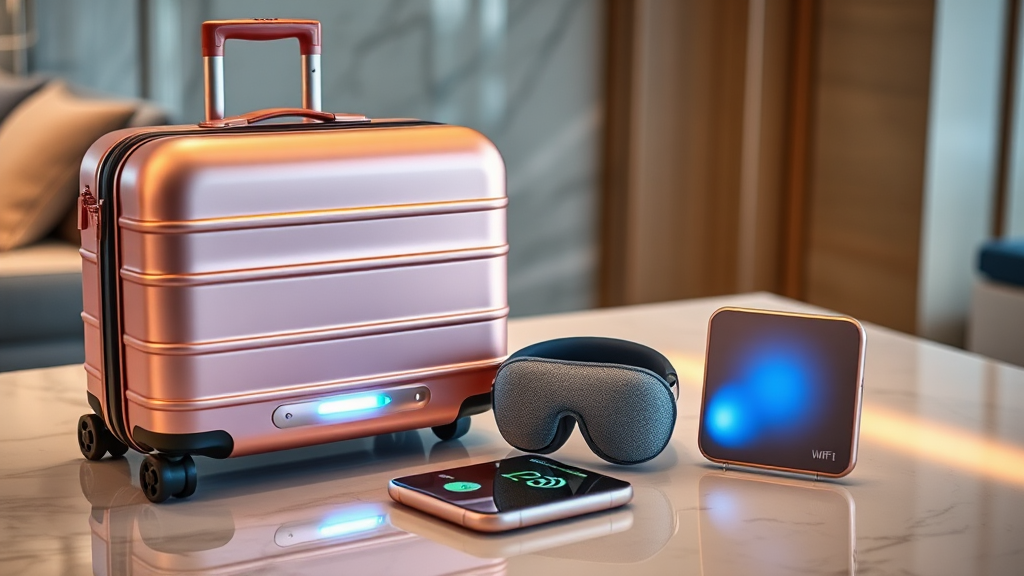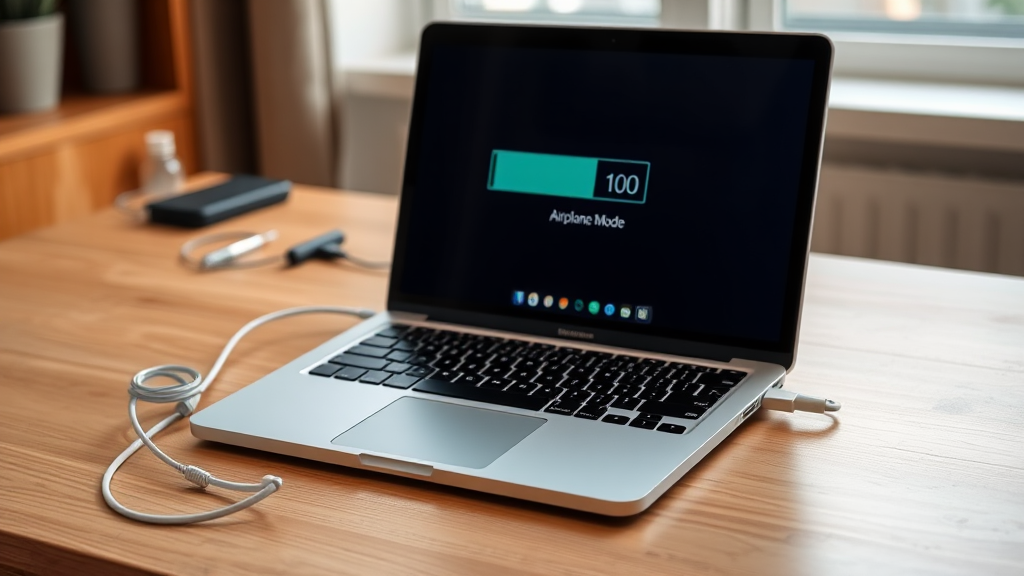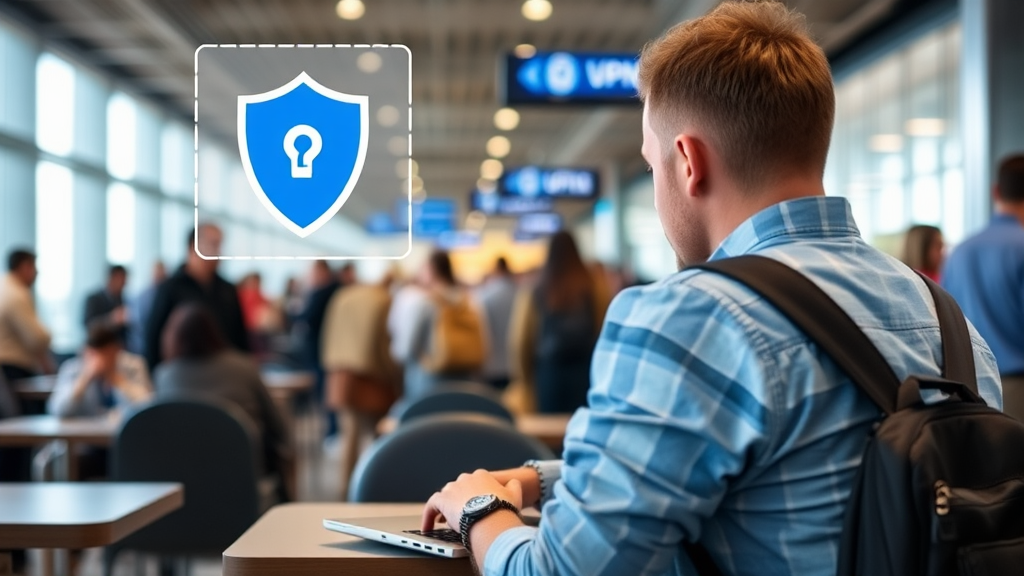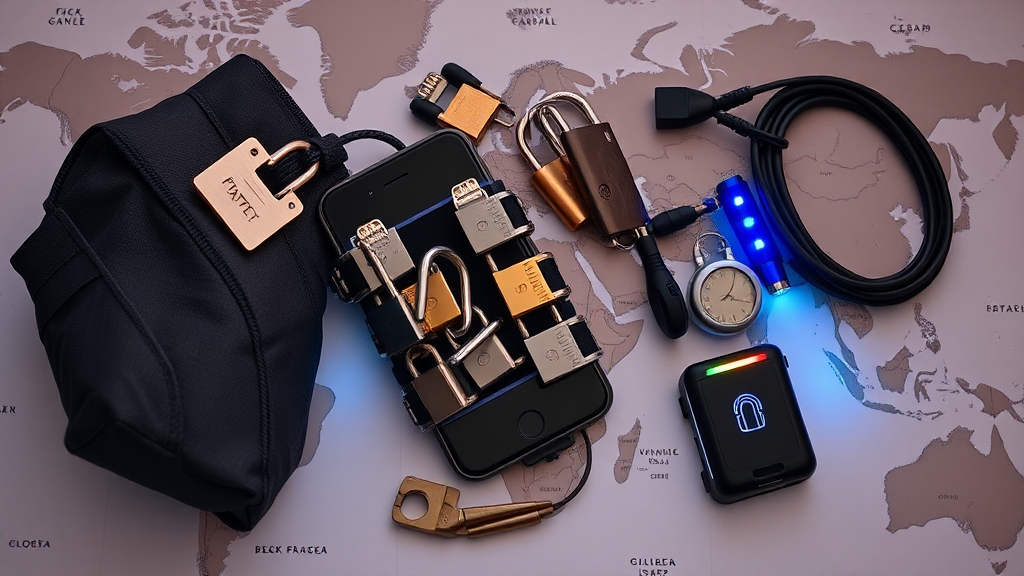Choosing the right laptop for business travel is essential for ensuring productivity, convenience, and reliability while on the go. With various options available in the market, understanding the key features that define an ideal travel laptop can help you make an informed decision. Here’s a comprehensive look at what to consider when selecting a laptop specifically for business travel.
1. Portability
Why It Matters: Business travelers often find themselves moving between locations, whether it’s hopping from one meeting to another or catching a flight. A portable laptop is crucial for ease of transport.
- Weight and Size: Look for laptops that weigh under 3.5 pounds and have a slim profile. Ultrabooks, like the Dell XPS 13 or Lenovo ThinkPad X1 Carbon, are designed for portability without sacrificing performance.
- Compact Design: A laptop with a smaller footprint, such as a 13-inch or 14-inch display, is easier to fit into a carry-on or backpack. Ensure that it has a sturdy build to withstand the rigors of travel.
2. Battery Life
Why It Matters: Long battery life is essential for business travelers who may not have access to power outlets during flights or in transit.
- Minimum Requirements: Aim for a laptop that offers at least 8 to 12 hours of battery life on a single charge. This ensures you can work throughout the day without worrying about finding a place to recharge.
- Fast Charging: Some laptops come with fast-charging capabilities, allowing you to quickly recharge during short breaks. This feature can be a lifesaver during layovers or between meetings.
3. Performance
Why It Matters: The laptop’s performance directly impacts your productivity, especially when running demanding applications.
- Processor and RAM: Opt for a laptop with a modern Intel Core i5 or i7, or AMD Ryzen 5 or 7 processor, paired with at least 8GB of RAM. This configuration is sufficient for multitasking, video conferencing, and running productivity software smoothly.
- Storage Options: Solid State Drives (SSDs) are preferred over traditional Hard Disk Drives (HDDs) for their speed and reliability. Look for a laptop with at least 256GB of SSD storage to ensure quick boot times and fast access to files.
4. Durability
Why It Matters: A durable laptop can withstand the wear and tear of travel, reducing the risk of damage.
- Build Quality: Look for laptops made from high-quality materials, such as aluminum or magnesium alloy, which offer better durability compared to plastic. Models like the HP Elite Dragonfly are designed with business travelers in mind, featuring robust construction.
- MIL-STD 810G Certification: Some laptops are tested to meet military-grade durability standards, ensuring they can handle extreme conditions, including temperature fluctuations and shocks.
5. Connectivity Options
Why It Matters: Having the right ports and connectivity features is crucial for business travelers who need to connect to various devices and networks.
- USB Ports: Ensure the laptop has multiple USB ports (including USB-C) to connect peripherals like mice, external drives, and docking stations.
- HDMI and Ethernet Ports: HDMI ports are essential for presentations, while Ethernet ports can be vital for stable internet connections in hotels or offices.
- Wi-Fi and Cellular Connectivity: Look for laptops with the latest Wi-Fi standards (Wi-Fi 6) for faster and more reliable connections. Some models offer integrated LTE or 5G options for internet access on the go.
6. Display Quality
Why It Matters: A high-quality display enhances your viewing experience, whether you’re working on spreadsheets or participating in video calls.
- Resolution: Aim for at least a Full HD (1920 x 1080) resolution. Higher resolutions, like 4K, can provide sharper images but may impact battery life.
- Brightness and Color Accuracy: A bright display (at least 300 nits) with good color accuracy is important for working in various lighting conditions, especially in airports or cafes.
7. Keyboard and Touchpad
Why It Matters: A comfortable keyboard and responsive touchpad are essential for long typing sessions.
- Keyboard Quality: Look for laptops with well-spaced keys and good travel distance. Backlit keyboards are beneficial for working in low-light environments.
- Touchpad Responsiveness: A smooth, responsive touchpad can enhance your overall user experience. Ensure the touchpad supports multi-touch gestures for better navigation.
8. Security Features
Why It Matters: Business travelers often deal with sensitive information, making security a top priority.
- Biometric Authentication: Features like fingerprint readers or facial recognition can enhance security and provide quick access to your laptop.
- TPM (Trusted Platform Module): A TPM chip can help secure sensitive data and facilitate encrypted communications, adding an extra layer of protection.
9. Conclusion
When selecting a laptop for business travel, consider factors such as portability, battery life, performance, durability, connectivity, display quality, keyboard comfort, and security features.
By focusing on these key elements, you can choose a laptop that not only meets your professional needs but also enhances your overall travel experience.
Whether you opt for a MacBook, Dell XPS, Lenovo ThinkPad, or another brand, ensuring that your laptop is equipped for the demands of business travel will empower you to work efficiently, no matter where your journey takes you. A well-chosen laptop will be your most reliable companion, supporting your productivity and helping you stay connected in an ever-changing work environment.

